Cat or Dog Still Itching After Flea Treatment
Flea treatments are designed to eliminate infestations and provide relief, but many pet owners find their dog or cat still itching even after treatment. This persistent scratching can be frustrating and concerning. Several factors could be at play, from allergic reactions to ineffective treatments. In this article, we explore the evidence-based reasons why your pet might still be itching and what you can do about it.
Common Reasons for Persistent Itching After Flea Treatment
1. Flea Allergy Dermatitis (FAD)
Even after fleas are gone, your pet may continue to itch due to an allergic reaction to flea saliva. This condition, known as flea allergy dermatitis (FAD), occurs when even a single flea bite triggers intense itching and skin inflammation (Halliwell, 2006).
2. Residual Flea Infestation in the Environment
Flea treatments primarily target adult fleas, but flea eggs, larvae, and pupae in your home can continue to hatch over time. Without thorough environmental control, new fleas can reinfest your pet. Studies suggest that treating both pets and the home is essential to breaking the flea life cycle (Rust, 2005).
3. Ineffective Flea Treatment or Resistance
Not all flea treatments work equally well, and some pets may have been treated with a product that is outdated, improperly applied, or ineffective against resistant flea populations (Beugnet & Franc, 2012). Fleas have shown increasing resistance to some commonly used treatments, making it crucial to use vet-recommended and up-to-date products.
4. Secondary Skin Infections
Scratching due to flea bites can lead to bacterial or yeast infections, which can prolong itching even after the fleas are gone. A veterinary consultation and appropriate treatment may be required to resolve these infections (Carlotti & Jacobs, 2000).
5. Allergic Reactions to Flea Treatment
Some pets may experience contact dermatitis or sensitivity to certain chemicals in flea treatments, leading to itching and skin irritation (Dryden & Rust, 1994). Signs include redness, hair loss, and excessive licking in the areas where the treatment was applied.
6. Other Underlying Skin Conditions
Fleas may not be the only culprit. Conditions like atopic dermatitis, food allergies, or hormonal imbalances can also cause persistent itching (Halliwell, 2006). If your pet’s itching doesn’t resolve, further veterinary evaluation is needed.
7. Environmental Infestation & Reinfection
Even if the fleas on your pet have been treated, flea eggs, larvae, and pupae in the environment (carpets, bedding, and furniture) can hatch and reinfest your pet. This cycle can lead to persistent itching (Viovet.co.uk). Deep cleaning and environmental flea treatments are critical to breaking the cycle.
Step-by-Step Guide to Stop Itching and Flea Infestation
For a detailed stepwise process to eliminate fleas permanently, refer to our article: My Dog or Cat Still Has Fleas After Treatment.
Additional Treatment Options
For a complete list of different flea treatment options, check out our A-Z Guide on Flea Treatments. If prescription treatments are necessary, visit Strongest Flea Treatments.
Supporting Skin Health Post-Flea Treatment
While veterinary treatments are crucial, supporting the skin barrier can help reduce post-flea irritation. FurBabies™ Botanicals skin care serums are a logical step to consider.
Recommended Serums:
- DERMARENEW™ Lavender Skin & Coat Repair Serum – Soothes irritation, promotes healing, and supports skin barrier repair.
- DERMAPROTECT™ Rose Skin Repair Serum – Balances sensitive skin and aids in recovery from flea-related allergies.
Join Our Members Club for Exclusive Offers
Stay updated with the latest pet care advice and access exclusive discounts by joining our Members Club for Free.
References
- Beugnet, F., & Franc, M. (2012). Insecticide and acaricide molecules and/or combinations to prevent pet infestation by ectoparasites. Trends in Parasitology, 28(7), 267-279.
- Carlotti, D. N., & Jacobs, D. E. (2000). Therapy, control and prevention of flea allergy dermatitis in dogs and cats. Veterinary Dermatology, 11(2), 83-98.
- Dryden, M. W., & Rust, M. K. (1994). The cat flea: biology, ecology and control. Veterinary Parasitology, 52(1-2), 1-19.
- Halliwell, R. (2006). Revised nomenclature for veterinary allergy. Veterinary Immunology and Immunopathology, 114(3-4), 207-208.
- Rust, M. K. (2005). Advances in the control of Ctenocephalides felis (cat flea) on cats and dogs. Trends in Parasitology, 21(5), 232-236.
- Viovet.co.uk. (n.d.). Environmental flea infestations and prevention. Retrieved from Viovet.co.uk

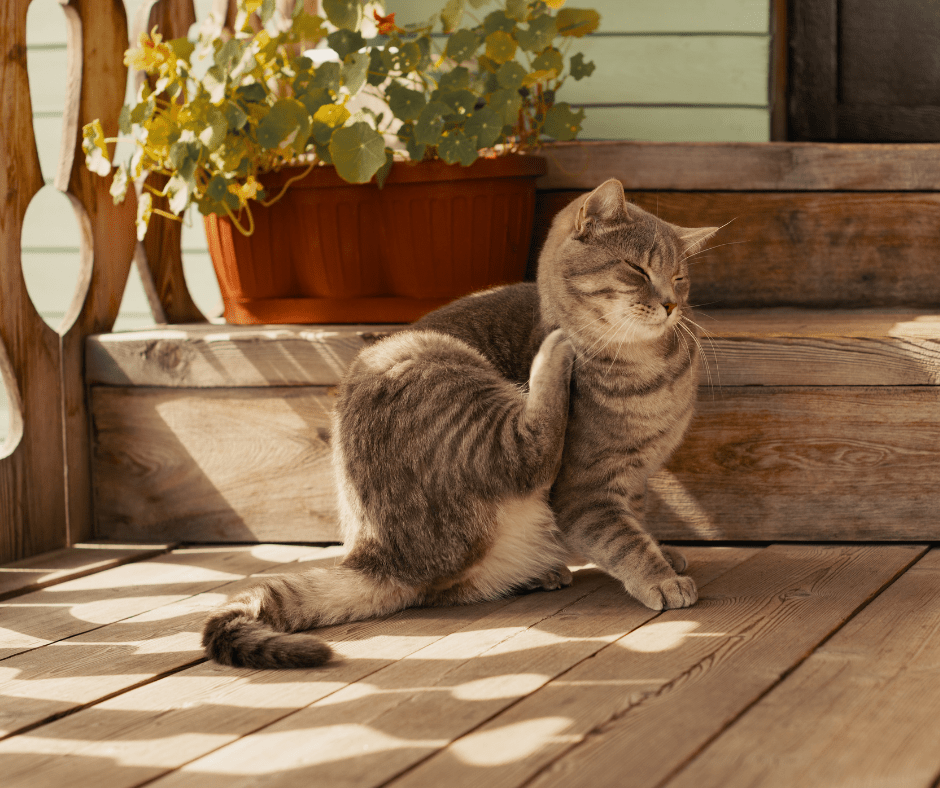
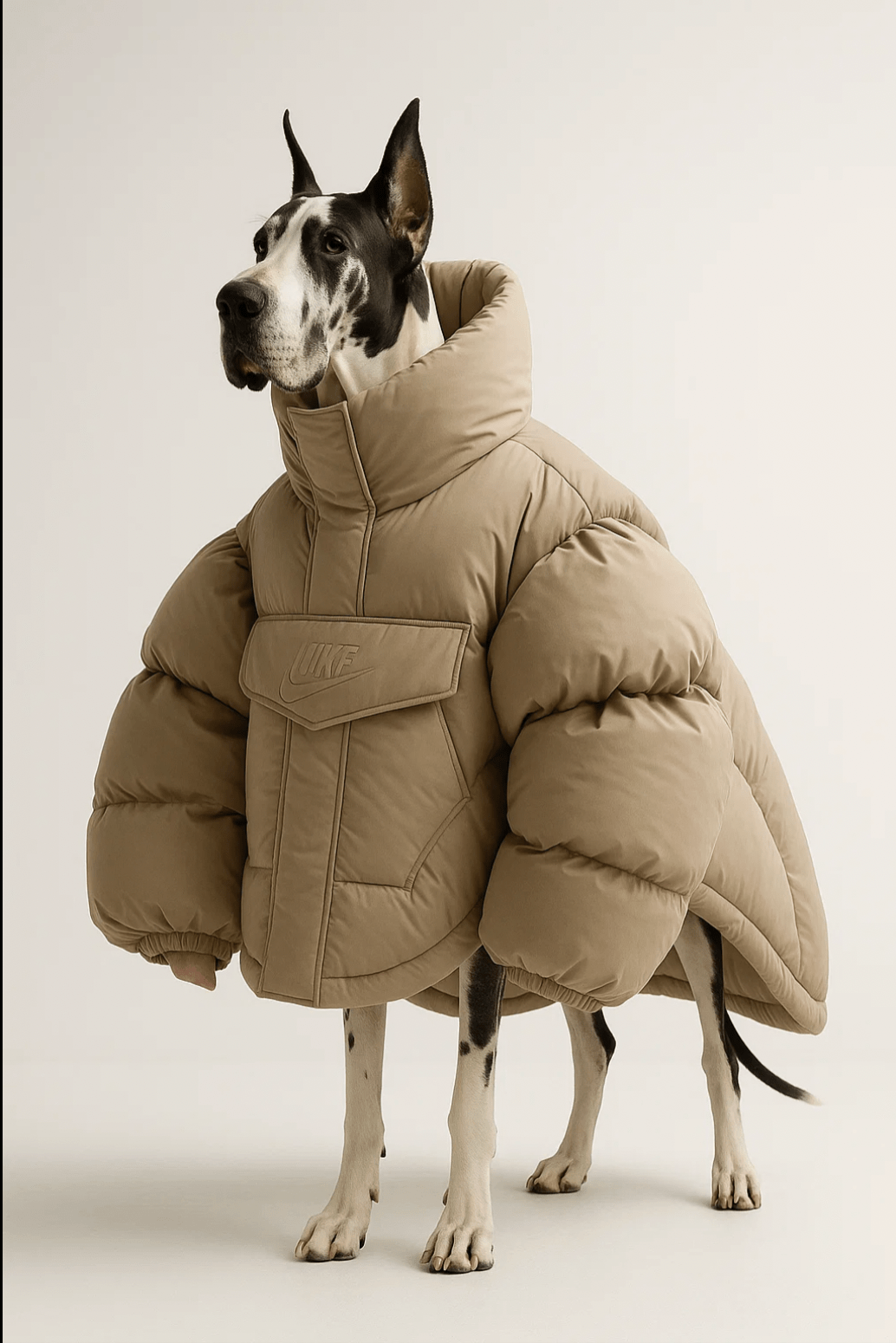

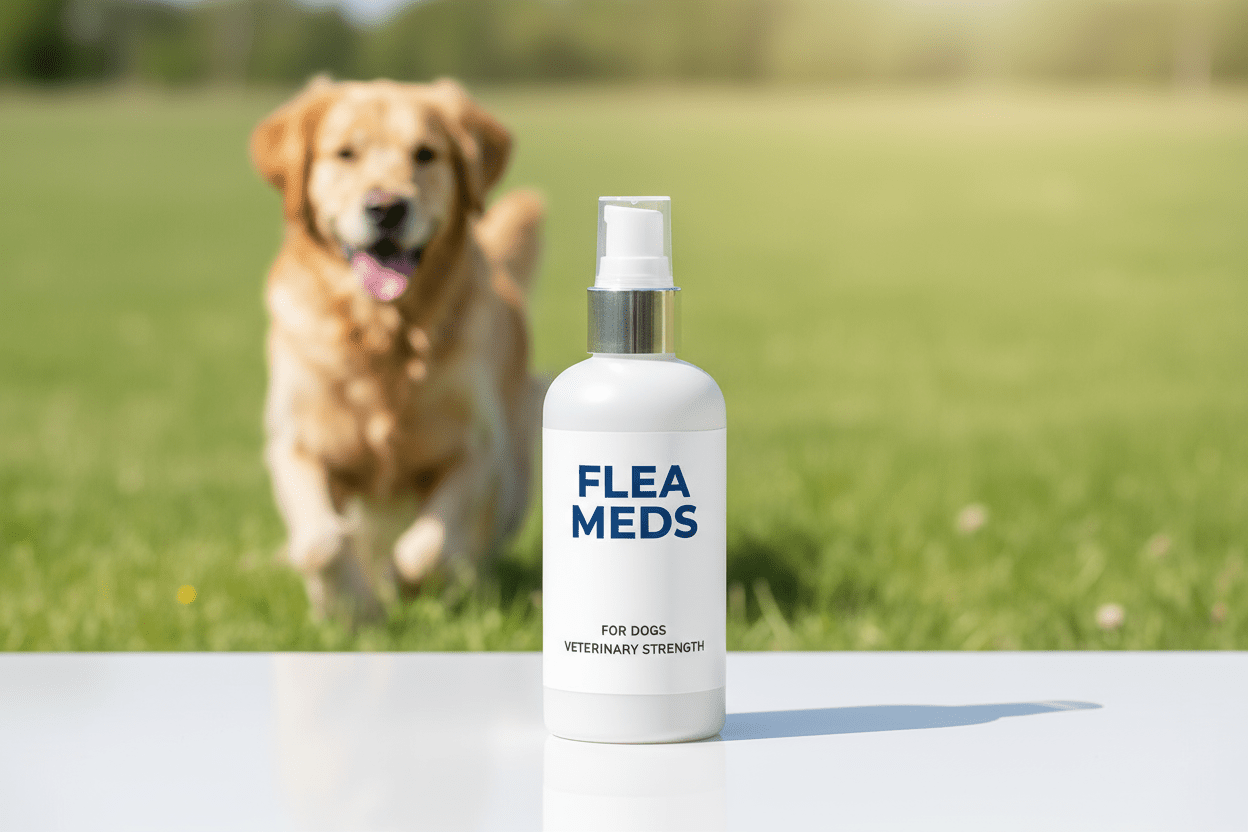
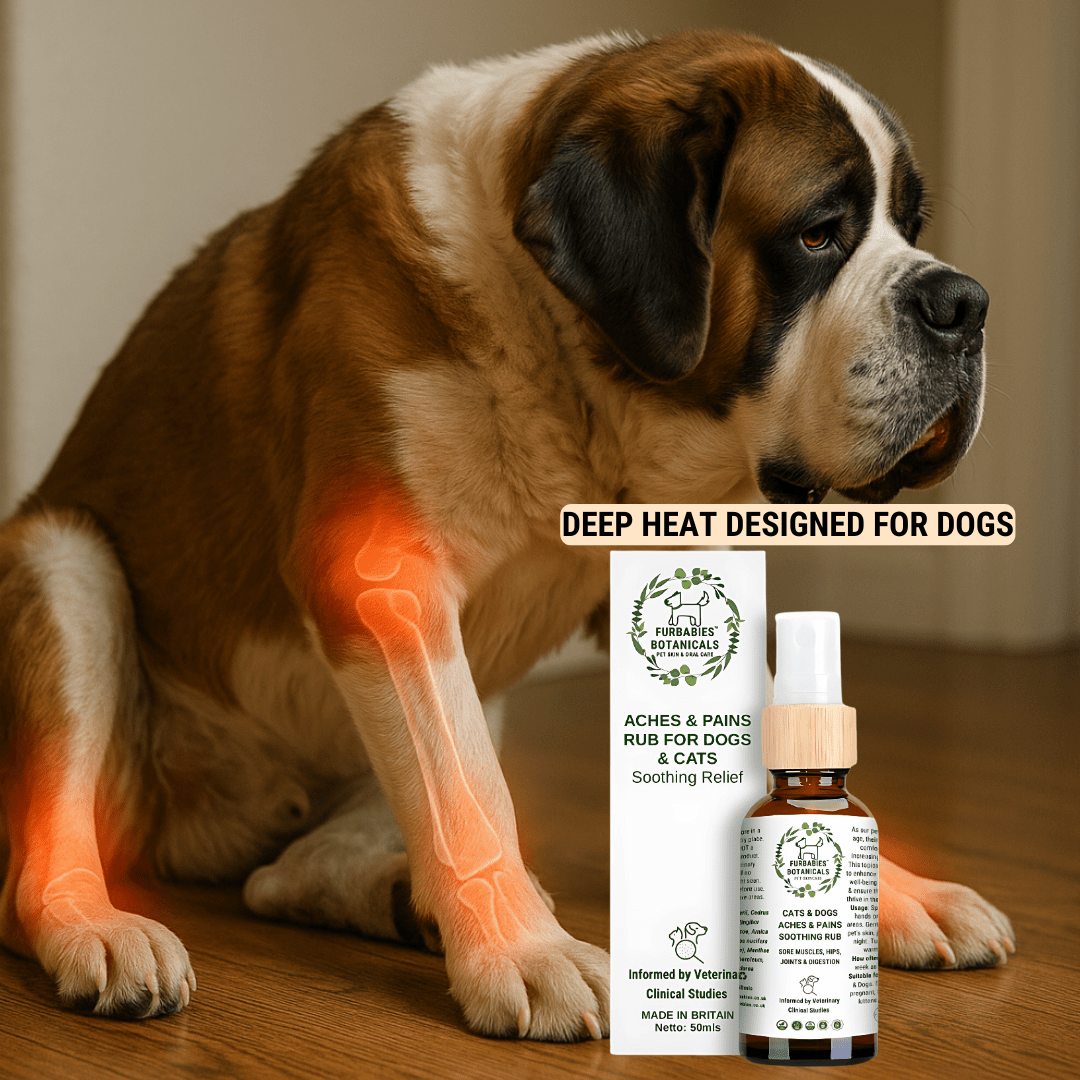

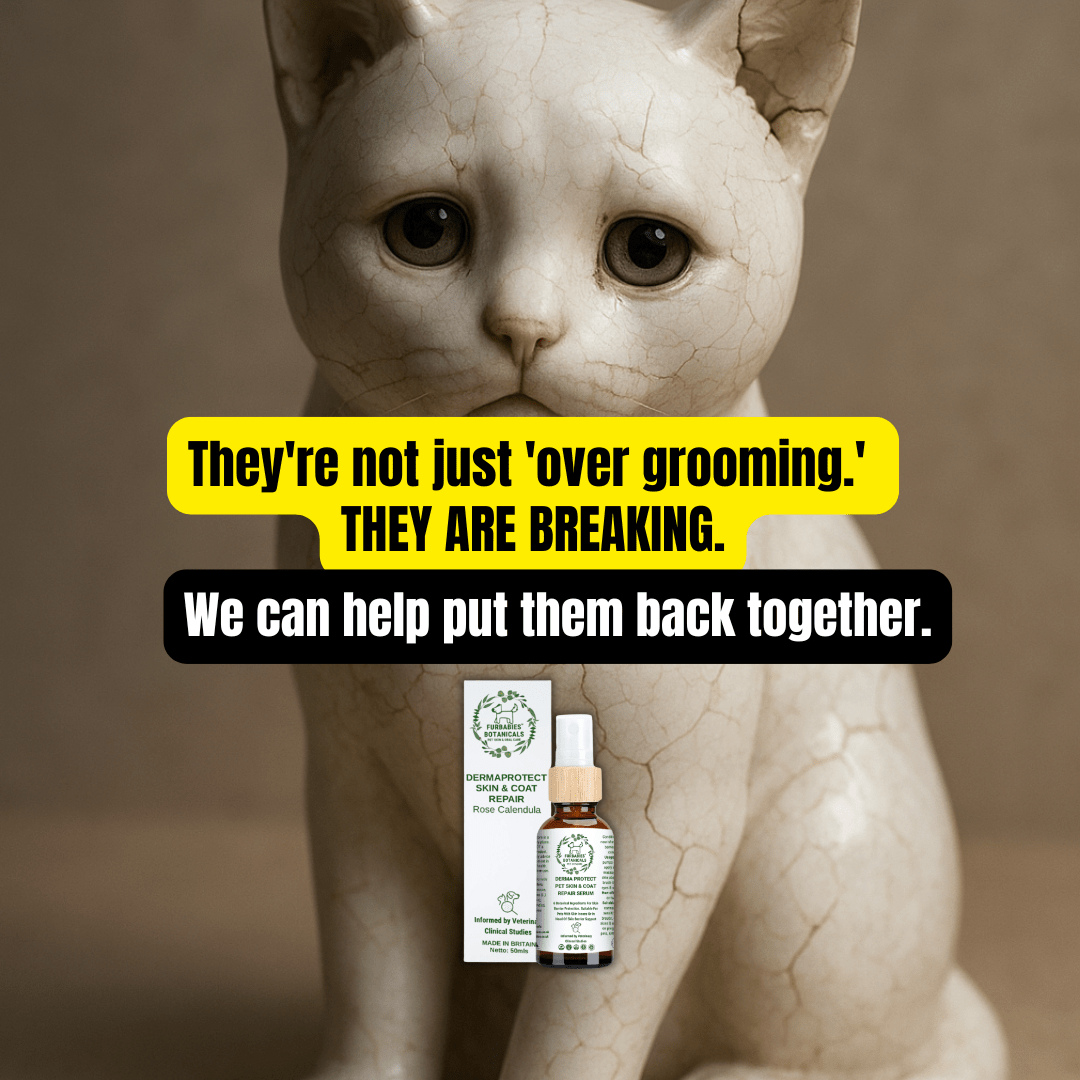
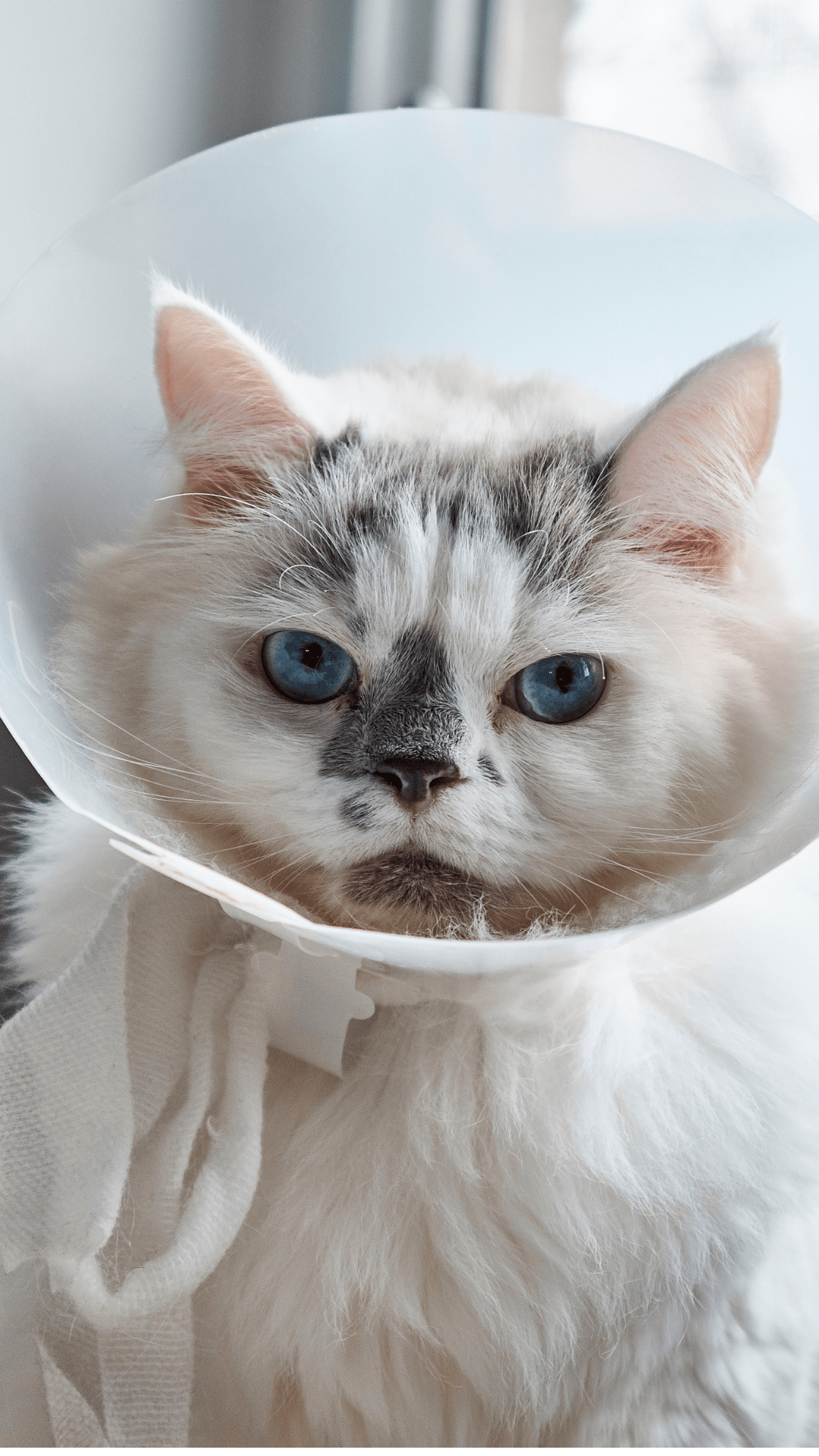
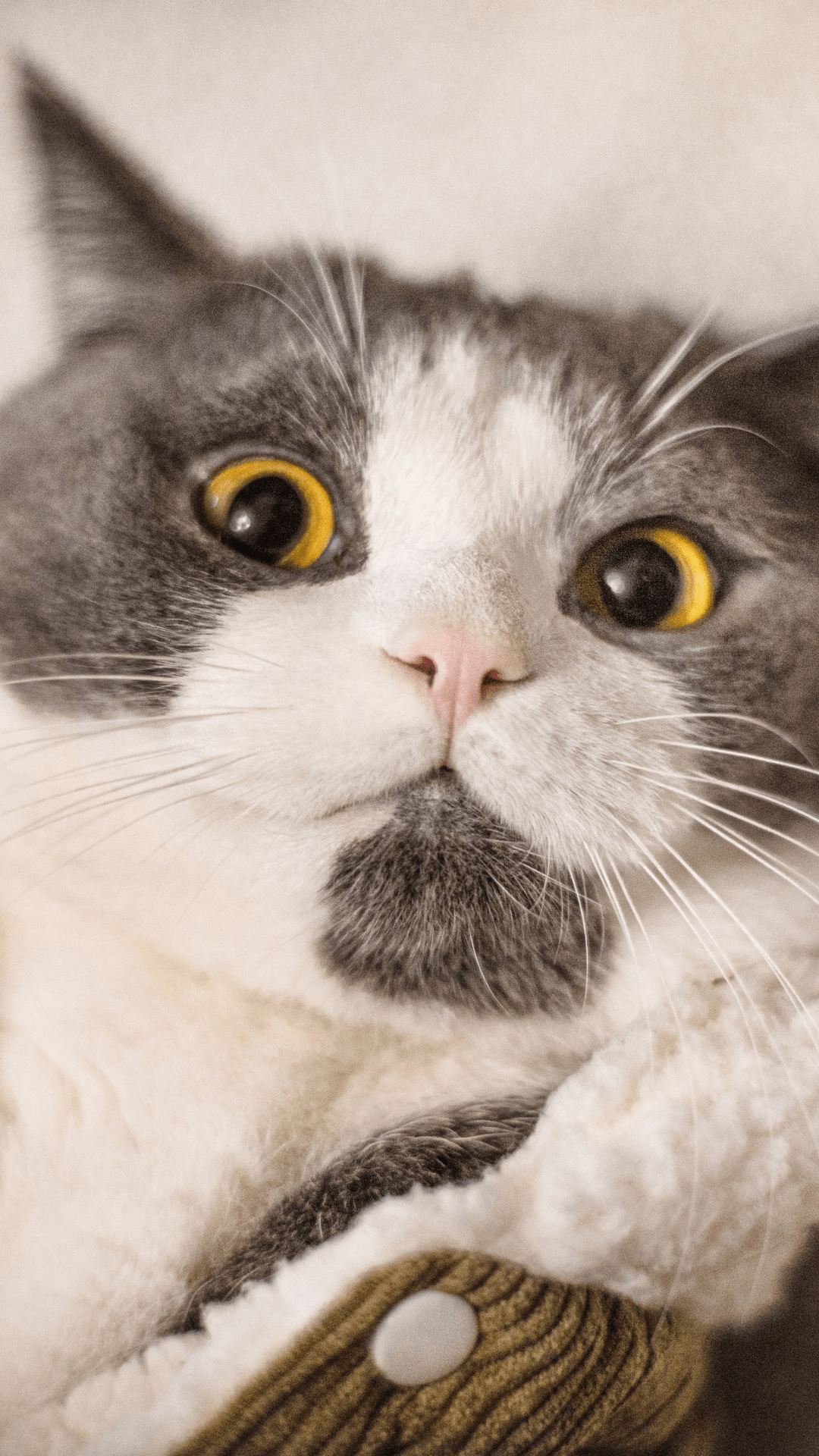



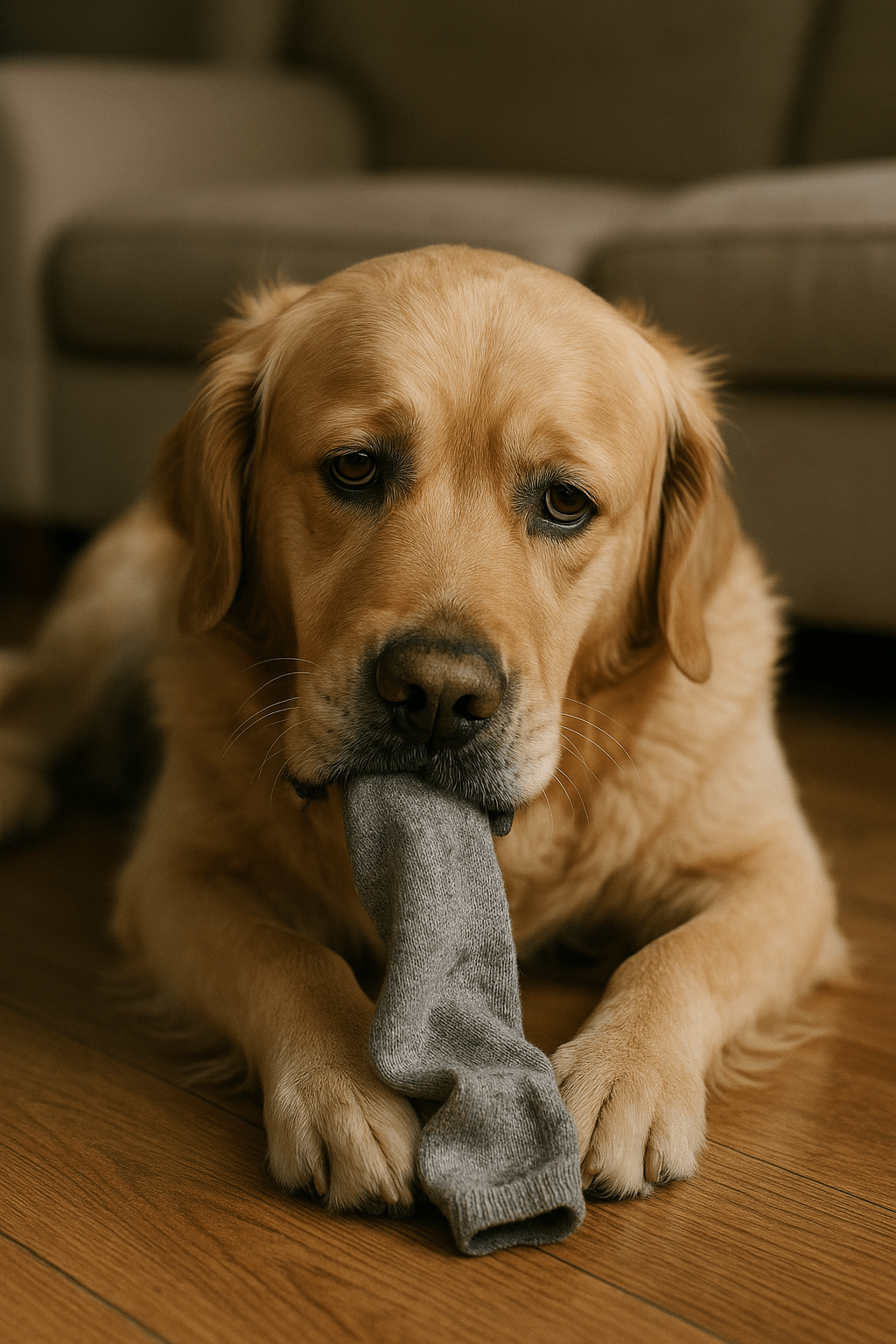
Share:
Financial Impact of Dog & Cat Skin Allergies
Is Cytopoint the Best Choice for Your Dog's Itchy Skin? A Comprehensive Guide